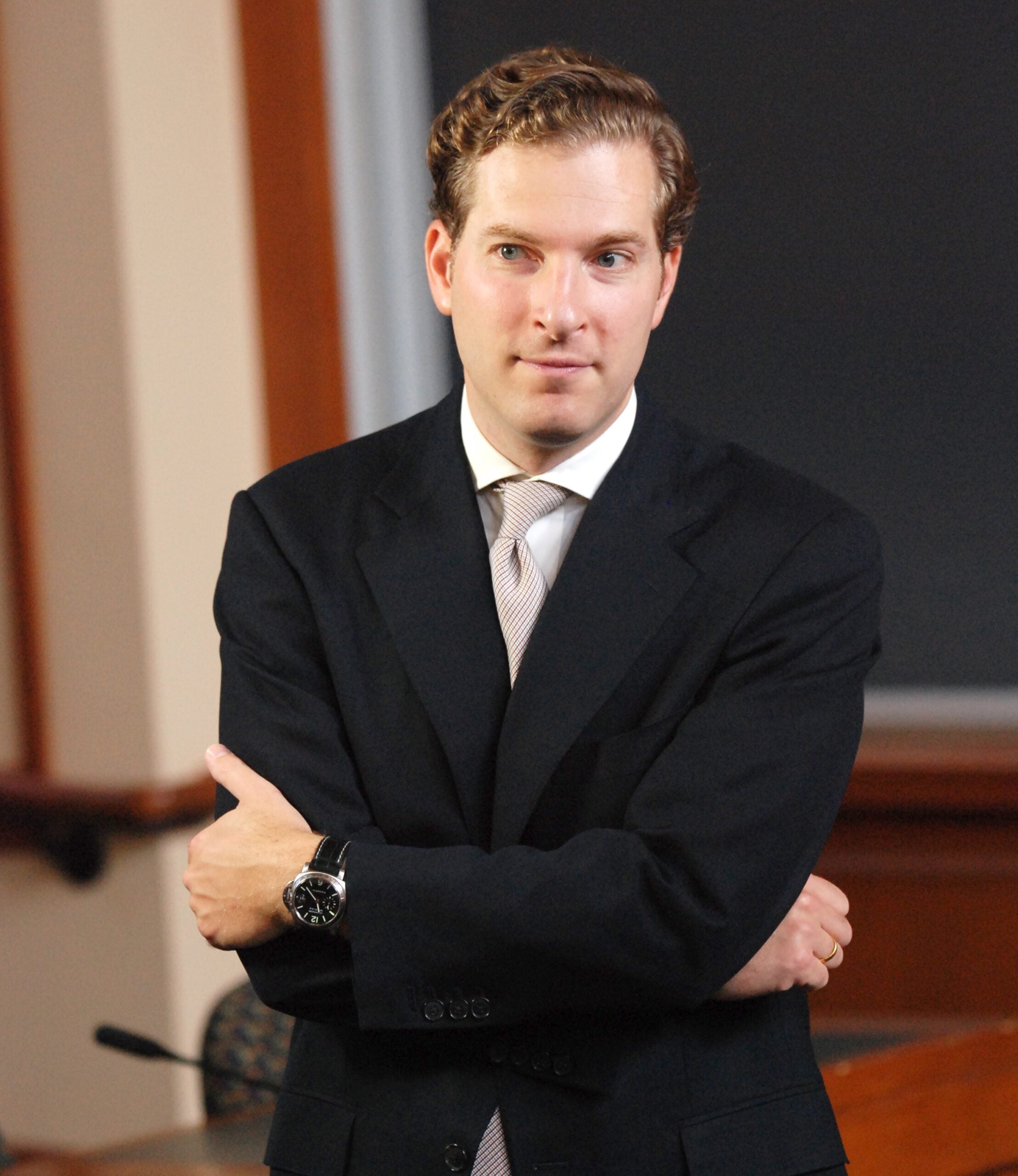Harvard Law School Professor Noah Feldman was recently a guest on Voice of America’s “Press Conference” radio program, speaking with host Carol Casteil about the meaning of Sharia Law and the role that it could play in the burgeoning democracies of Middle Eastern countries such as Egypt and Libya.
Feldman, author of the 2008 book “Fall and Rise of the Islamic State” (Princeton University Press), began by defining Sharia Law, a term that is widely misinterpreted. He stated that Sharia is: “a system of values and ideals expressed through law. So, the Sharia itself in its purest form would be what Muslims take to be God’s wish for how the world ought to be governed. In its practical form, it takes the form of legal propositions, … which are actual human products of legal reasoning and analysis, drawn from divine sources.”
As a consequence of the Middle Eastern uprisings, Muslim parties that were formerly suppressed by governing dictatorships are beginning to take a prominent role in democratic politics. Feldman said that he is “both very optimistic and cautious” about the role of Islamic leadership. Feldman stated his belief that Sharia has the ability to protect and provide for all citizens equally, should Middle Eastern citizens elect it.
Feldman stressed the importance of balancing power within new governments: “The concern there is not so much to balance Sharia, but to balance the executive. To make the system work constitutionally, [there must not] be an unfettered executive.”
A contributing writer to the New York Times Magazine and Bloomberg View, Feldman wrote about sectarian strife in the Middle East and the Sunni-Shiite divide in a Dec. 11 op-ed, “Mideast Sectarian Strife Is Symptom of Weak States,” in Bloomberg News.
Noah Feldman specializes in constitutional studies, with an emphasis on the relationship between law and religion, constitutional design, and the history of legal theory. He is an adjunct senior fellow at the Council on Foreign Relations. His most recent book is “Scorpions: The Battles and Triumphs of FDR’s Great Justices” (Twelve Books, 2010).
